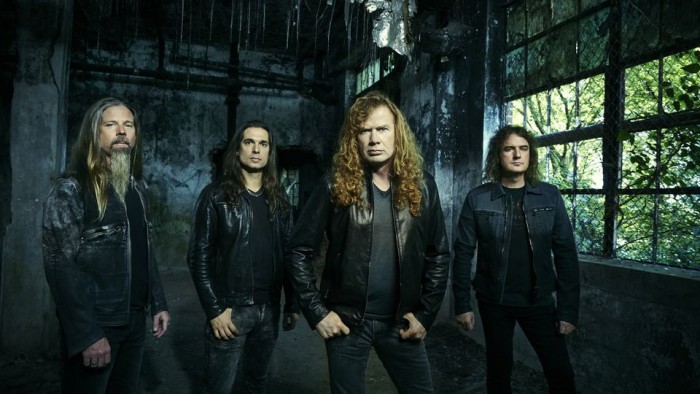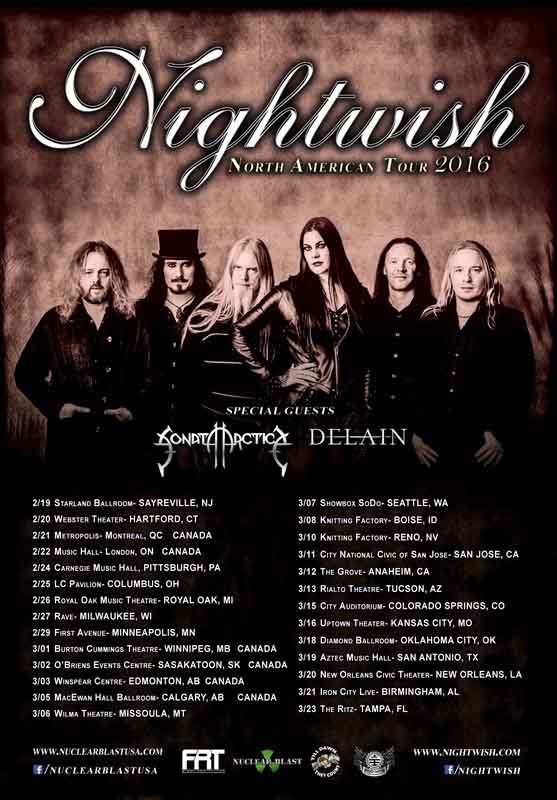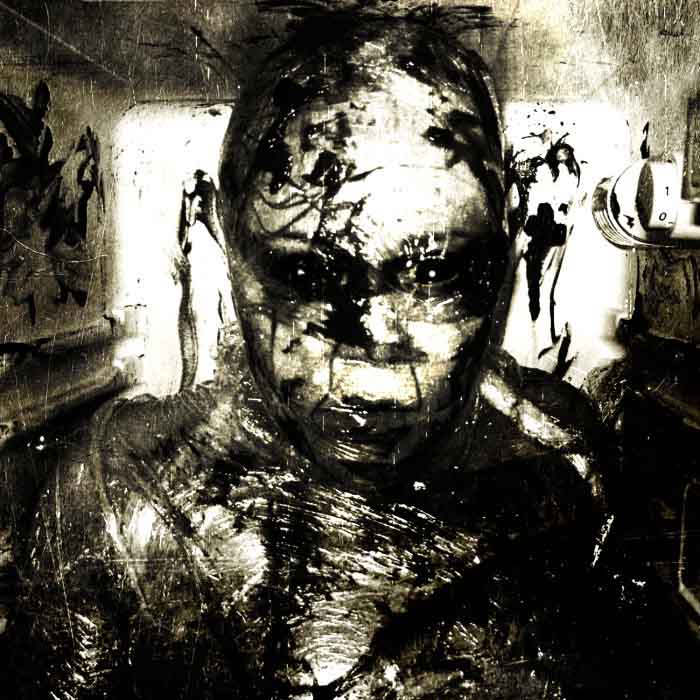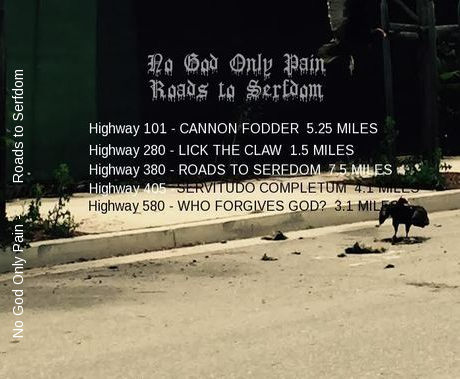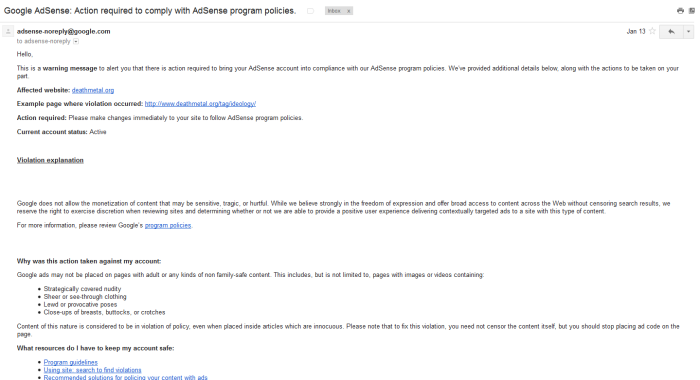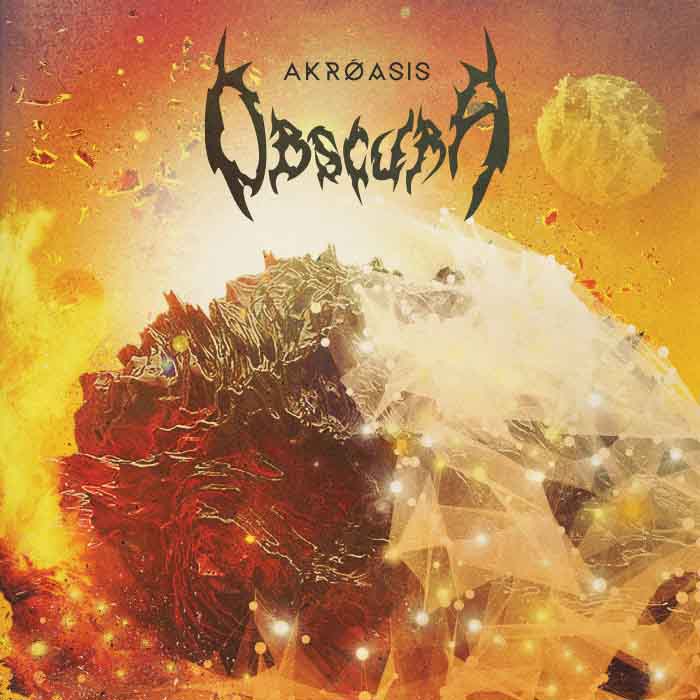
Akroasis stands proud as a representative of cracked out incoherent sugar high penguin of doom random technical “death” metal, and even has a cover that looks like various forms of congealed sugar melting together into a nutrition-free whole. It is truly the perfect product – a deceptively simplistic and potentially addictive recording with little in the way of more rewarding development. Obscura’s efforts on this album alternate between either random gibberish or surprisingly basic song constructions that don’t quite fit the apparent intent and would be shockingly obvious were they not surrounded by thousands of rapid fire notes like a swarm of flies around rotting meat.
One thing that makes reviewing Akroasis particularly easier is how the first track (“Sermon of the Seven Suns”) encapsulates so much of what Obscura is attempting to do. Much has been made of what this band takes from Death, particularly from their later traditional/death fusion works, but the most patronizing is the circular song structures. “Sermon of the Seven Suns” doesn’t have a lot of content, and after an intro arguably inspired by Cynic, it awkwardly rotates between its two major sections of rapidfire blasting and slow jazz fusion jams. The band uses some basic modulation techniques to disguise the repetition, particularly in the first section, but the overall structure does little more than hide the excessively basic structure. While the band’s apparent devotion to this on this track is vaguely admirable for how holistic it is (extending even to the lyrics), it doesn’t make for particularly compelling listening once the shock factor of Obscura’s instrumental proficiency wears off. At best, they’re slightly more creative than Chuck Schuldiner was with song structures – as an FYI, pretty much everything Death put out went main section -> bridge -> repetition of main section -> who needs a coda anyways?
The rest of Akroasis is more densely packed with content, but instead of employing the care and diligence required to shape these into anything coherent, it just falls into all of the typical metalcore traps, so it sounds less like an album and more like a checklist of errors. Besides what I’ve already mentioned in dissecting the first track, Obscura’s songwriting is full of aesthetic novelties (vocoders, non-metal instruments for no apparent reason) and they even incorporate a goofy breakdown in “The Monist” because apparently, metalcore musicians just can’t resist the temptation. Obscura would be a much better band if they could resist their vices, but were they to try and succeed, they would probably become completely unrecognizable to their fans. Why would they bother? The disorganized candy coated tech-death approach seems to be netting them enough fans.
10 CommentsTags: 2016, akroasis, death metal, lame metal, metalcore, Obscura, progressive metal, techdeaf
